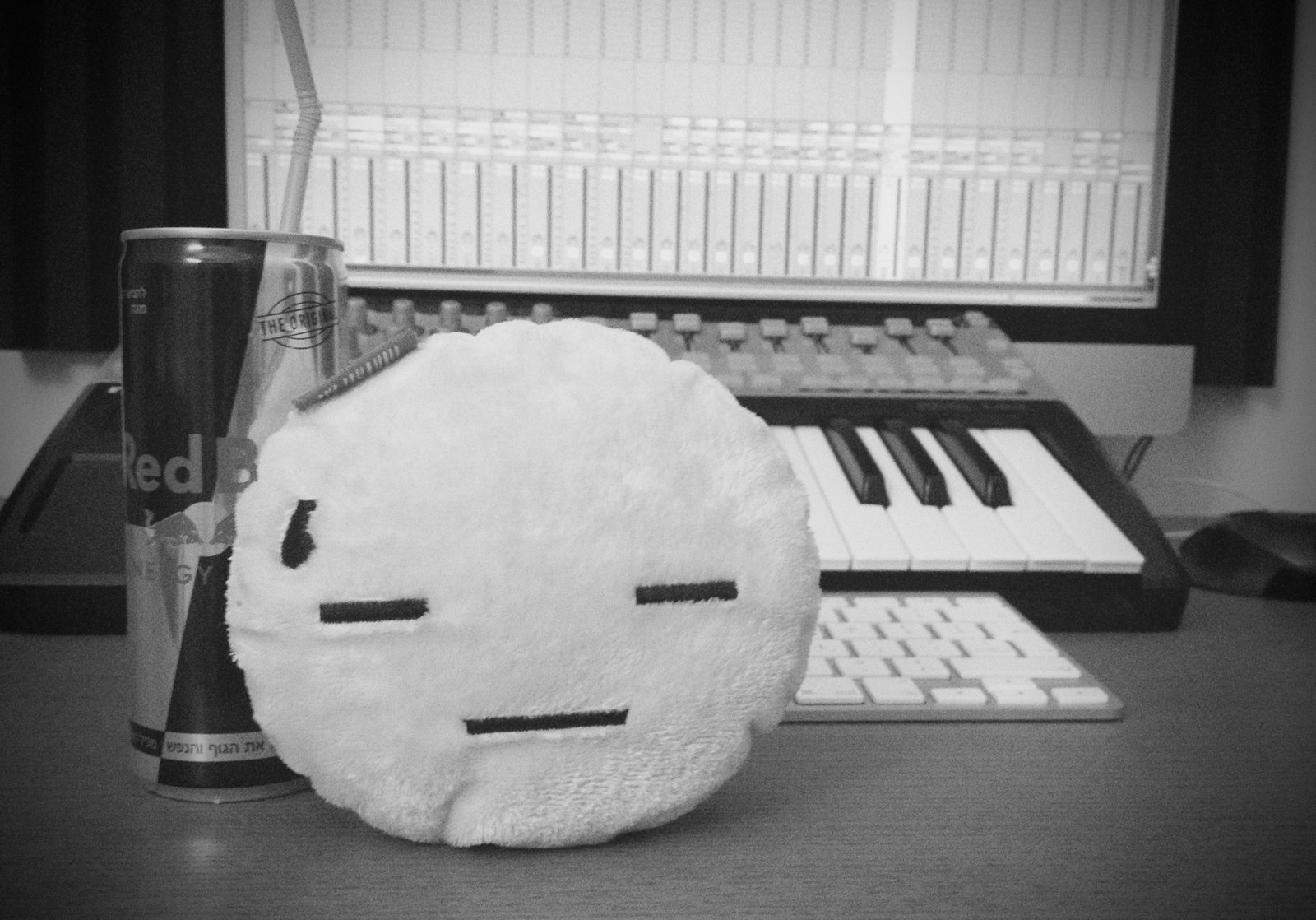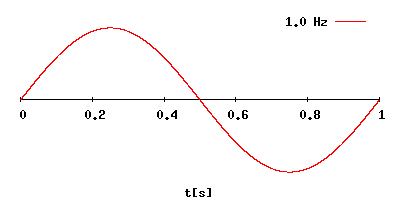Re-energizing for music production after 9-6 work

Hi Daniel, do you have any advice on working a job from 9-6 every day then re-energising for producing when you get home? I’m finding it difficult without tiring myself up as I have to be in bed at 10 to get my full nights sleep.
Gary Delaney
I’m not hiding the fact that at the moment I work at a 9 to 6 job too, so we’re in the same boat, Gary! And yes, I have a couple of tricks that probably will work for you.
You don’t have to re-energize yourself literally, but having the right mindset is the key. A tired mind can come up with dozens of excuses why you shouldn’t do something, but don’t listen to that voice. Let’s see at some common excuses, and how we can trick ourselves for the good.
“This problem is too big”
“Make a new track after getting back home tired from work? Or an album? No way! There is too much work to do, and I’m too tired for that!” — that is how I was thinking until I realized that I actually don’t need to write the whole track or an album at once.
I recommend to divide big project (such making a new track) into smaller tasks and keep divide until it becomes an easy do-able thing. For instance, make a kick drum, or make a bassline, or EQ it. Or write a melody, or make a timbre for that lead. Or make a 16-bars progression, then another 16-bars progression. You get the point.
Even writing this very blog would be impossible for me if I’d tried to make it at once, so I’ve done it by doing smaller separate tasks: add basic headlines, write key points, find and edit illustrations, write down one paragraph, then another one. Then structure all text together, clean it, check spelling, re-write it again, publish and share.
You see, although formally you doing the same things, it’s a totally different mindset, and it works great for a tired mind: “Make a kick drum? — yeah, I can do it tonight!”.
“I’ll just quickly check the Facebook”
Okay, finally you put yourself in the chair, you open DAW, load project and press the play button. “Oh wait, someone mentioned me on Twitter, I have to reply ASAP”. “A new friend request on Facebook? Let’s check who is that”. “Wow John shared a nice blog, I have to read it”. Eventually, you end up with surfing some random article on Wikipedia about emperor penguins. Does it sound familiar?
Tim Urban’s TED Talk on procrastination
Well, no surprise. The more tired you feel, the harder to focus on doing only one particular thing. And here comes the procrastination. I found the best way to dealing with procrastination is using the Pomodoro Technique Francesco Cirillo. After using it for almost 2 years now I... well, still procrastinate, but definitely much less :-) Really recommend to check this technique out.
Dealing with procrastination using Pomodoro Technique

“I can do it tomorrow, no need to rush”
Ah, this is probably the worst excuse! You see, it’s relatively easy to do some things when you have a deadline given for these tasks. Let’s say, a label that you dream on offers you a release if you’ll manage to deliver an EP within the next two weeks. And it works; tired and exhausted, but eventually you made it. That’s the magic power of deadlines (or social factor, I would say).
But what happens when you’re the boss? You have no one in charge up there, that’s your own project. No pressure, no deadline. Here comes the worst excuse: “I can do it tomorrow”.
Based on my own skin, I advise having two things that are crucial: internal deadline and release schedule. I won’t go deeper into details now otherwise this blog will be as twice as long, but the titles themselves are pretty self-explanatory.
Having internal deadlines and release schedule are not only keeps you in good rhythm and shape but also motivates to actually do things, rather than just dream about your success lying on a couch.
I’ll write about it in details someday
And a little bonus.
A “year” sounds long, right? But let’s make a simple calculation, assuming that you can afford 2 hours per day for the music. That’s 14 hours per week or 56 hours per month. Multiply it for 12 months and then divide for 24 hours per day, and you’ll get 28 days of total time per year. Think about it. You have only 28 days per year to make something great, how do you’re gonna spend it?
I hope it helps.


Fantastic advice as usual, I certainly found this helpful, as after 15 hours in my day job then 4-5 hours in the studio everyday, tiredness is definitely a factor.